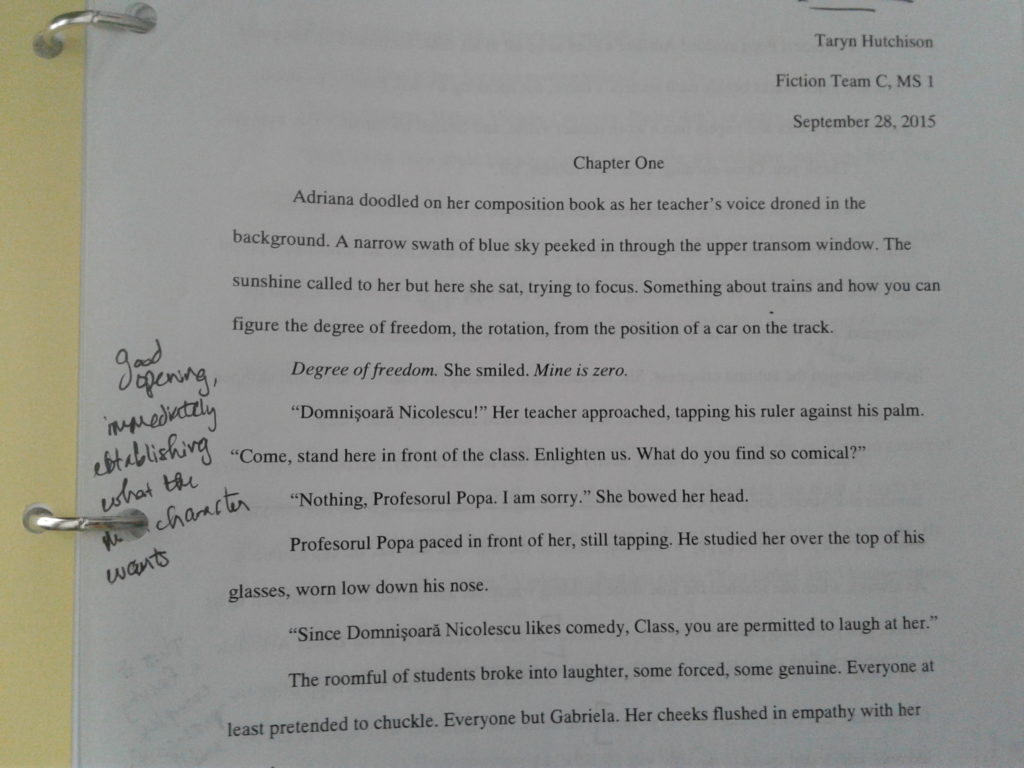
Image by Free-Photos from Pixabay
Writers are often asked what, or who, inspired them to write their story. Some might try to evade that question, make up an answer, or mutter, “I don’t know.” Well, I’m not one of those writers. I know exactly what my why, my inspiration, is. Here’s how it happened:
I snuggled in our cordovan leather chair, notebook and pen in hand, cup of tea beside me, to listen to Neil Gaiman’s podcast, “How Stories Last,” for one of my graduate writing classes. My tea grew cold as I sat up and furiously jotted notes, occasionally pumping my fists in the air as I listened to one of the most brilliant writers of our day.
“Stories matter,” Gaiman said. Even though they’re made up, stories tell the truth–about people and the world. Stories teach you empathy and build character. Good stories should change you.
Gaiman then told a good story. During the Holocaust, his cousin Helen lived in a Polish ghetto. Books were forbidden. She knew that if she was found with a book, she could be killed. Even knowing that, Helen organized a “sewing” class of twenty little girls, where she’d teach them math, grammar, anything, it seemed, but sewing.
One day, somebody slipped her a Polish translation of Margaret Mitchell’s novel Gone with the Wind. Helen blacked out her window and stayed up late into the night to read. When the girls came in the next day, instead of teaching the usual, she told them what happened in the book. Each night, she’d stay up and read; each day, she’d repeat the story.
Gaiman asked her why she risked death—for a story?
Helen answered him, “In that hour, we got away.”
Stories can save your life. Good stories make life worth living.
Almost immediately after Gaiman’s podcast ended, I had the idea for my novel. It came to me so quickly and clearly that I felt it was inspired. I felt it came from God. I knew what I was to write.
An image, locked in my memory from my years in Romania, appeared in laser focus: stacks of paperback books stuffed in every square centimeter of space in wardrobes and cabinets and under beds. I remembered friends telling me how they’d forget about the oppressiveness of their world when they read fiction, even though their list of approved fiction was short. Novels gave them wings to escape.
I quickly typed up the first chapter and handed it in for my assignment. That was in September 2015. My novel will be released in a matter of weeks, in 2020. Five years from idea to fulfillment. That’s a long wait for a dream to come true. 
Inspiration started me on my journey, but imagination had to fill out the details and perseverance had to keep me going.
One of my Romanian friends, Mioara, who taught at the university when I lived in her city, shared my love of art and story. We have since lost touch, but many of our conversations were so significant to me that I recorded them in my journal.
Mioara once told me, “Fiction helped me survive a place that squelched individualism and stifled imagination.”
I tried to imagine what life was like for Mioara, as a bright young girl who craved an outlet for beauty and creativity, forced instead to study science, much more sensible and logical and good for the country. I tried to visualize what the college students I met in 1990 had experienced as high school students in the late 1980s. They were the age of the protagonist who was taking shape in my mind, the protagonist you’ll get to meet soon.
My novel, One Degree of Freedom, is the fruit of that imagining.
*To be released November 17. Now available for pre-order.